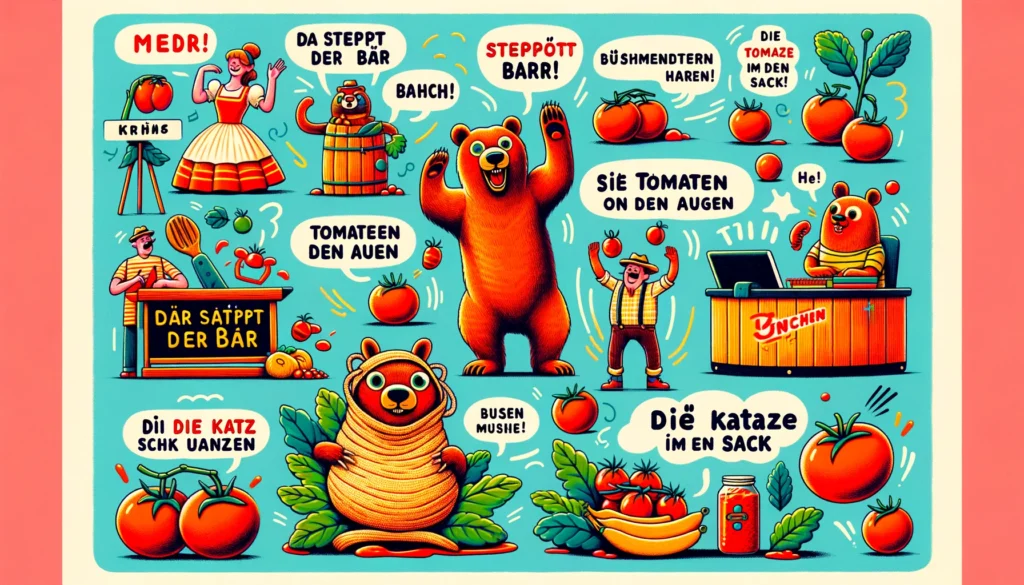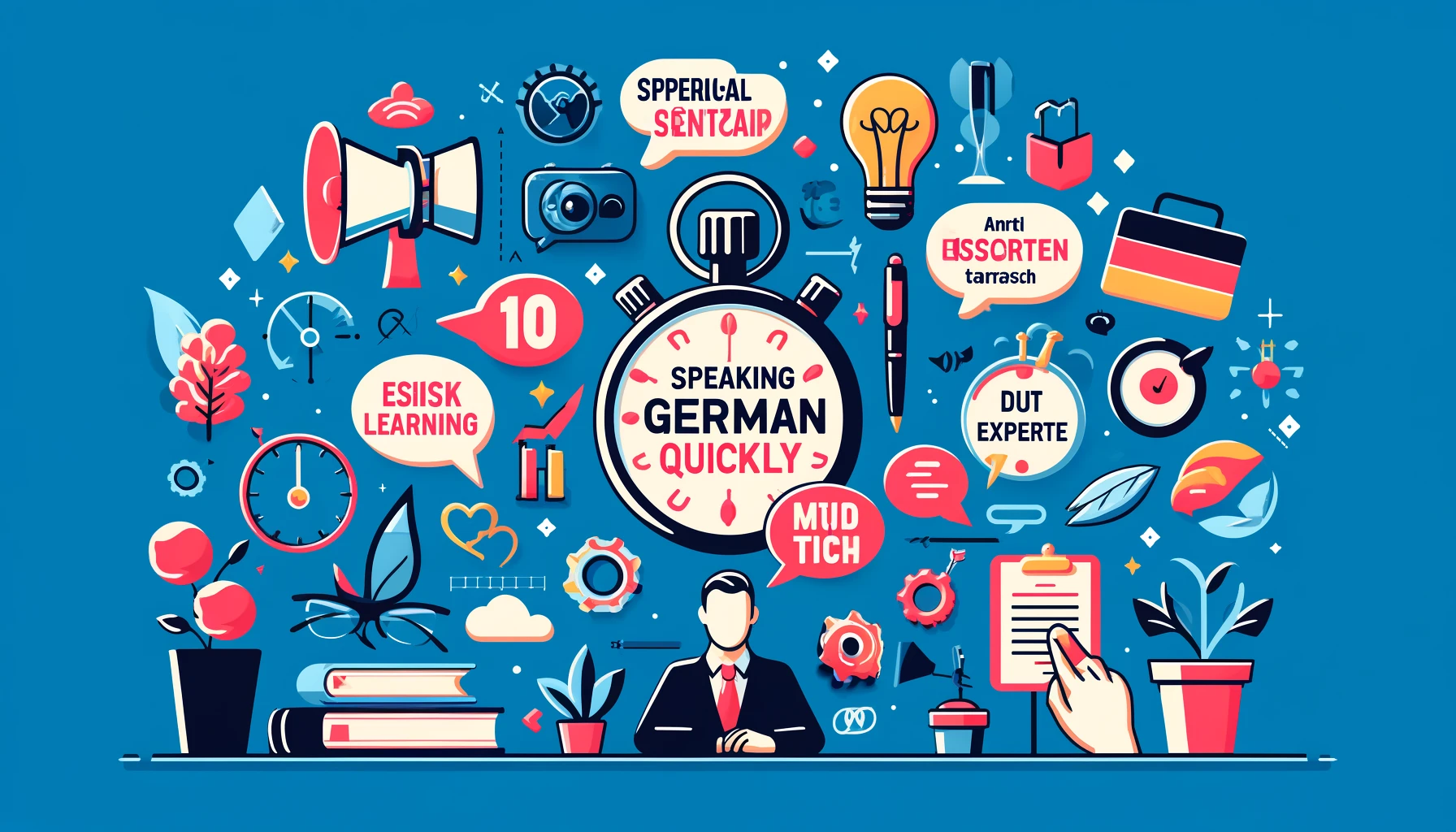
German, known for its precision and depth, is also a language rich with colorful idioms that offer a glimpse into its unique cultural nuances. Idioms add flavor to any language, and German is no exception. From expressions that paint vivid pictures to those with historical roots, German idioms can be both baffling and delightful to non-native speakers. In this article, we explore 12 German idioms with their meanings and origins, providing an engaging look into the whimsical side of the German language.
1. Da steppt der Bär – The bear dances there
This means a place is lively or a party is going great. A fun atmosphere is often described using it.
2. Das ist nicht mein Bier – That’s not my beer
Used to say something is none of one’s business, this idiom reflects the German love for beer while emphasizing detachment.
3. Ich verstehe nur Bahnhof – I only understand the train station
It is meant that someone is completely confused and understands nothing about what’s being discussed.
4. Tomaten auf den Augen haben – To have tomatoes on one’s eyes
This colorful phrase means someone is not seeing what everyone else can, indicating obliviousness.
5. Um den heißen Brei herumreden – To talk around the hot porridge
Similar to the English “beat around the bush,” this idiom is used when someone is avoiding getting to the point.
6. Alles hat ein Ende, nur die Wurst hat zwei – Everything has an end, only the sausage has two
A humorous way of saying all good things must come to an end, highlighting the German penchant for sausage.
7. Die Kirche im Dorf lassen – To leave the church in the village
This means not getting carried away and keeping things reasonable.
8. Klappe zu, Affe tot – Lid closed, monkey dead
It signifies that a matter is concluded or an issue is resolved, albeit in a somewhat quirky manner.
9. Jetzt geht’s um die Wurst – Now it’s about the sausage
This idiom is used when things get serious, reflecting the importance of sausages in German culture.
10. Einen Kater haben – To have a tomcat
This means to have a hangover. It’s a humorous way to describe the groggy feeling after too much drinking.
11. Die Daumen drücken – Press the thumbs
Equivalent to the English “keep your fingers crossed,” used when wishing someone good luck.
12. Jemandem die Daumenschrauben anlegen – To put thumb screws on someone
This means to pressure someone to achieve something, reflecting a rather intense method of persuasion.
About Lingostry.com
These idioms not only enrich your German vocabulary. but, also provide entertaining insights into German thought processes and cultural values, thereby deepening your understanding of the language and its cultural context. Understanding and using these expressions can enhance your language skills and bring you closer to the heart of everyday German communication. Whether you’re a language learner, a cultural enthusiast, or simply searching for a way to enhance your conversational German, these idioms will certainly add a dash of humor and tradition to your dialogue.












